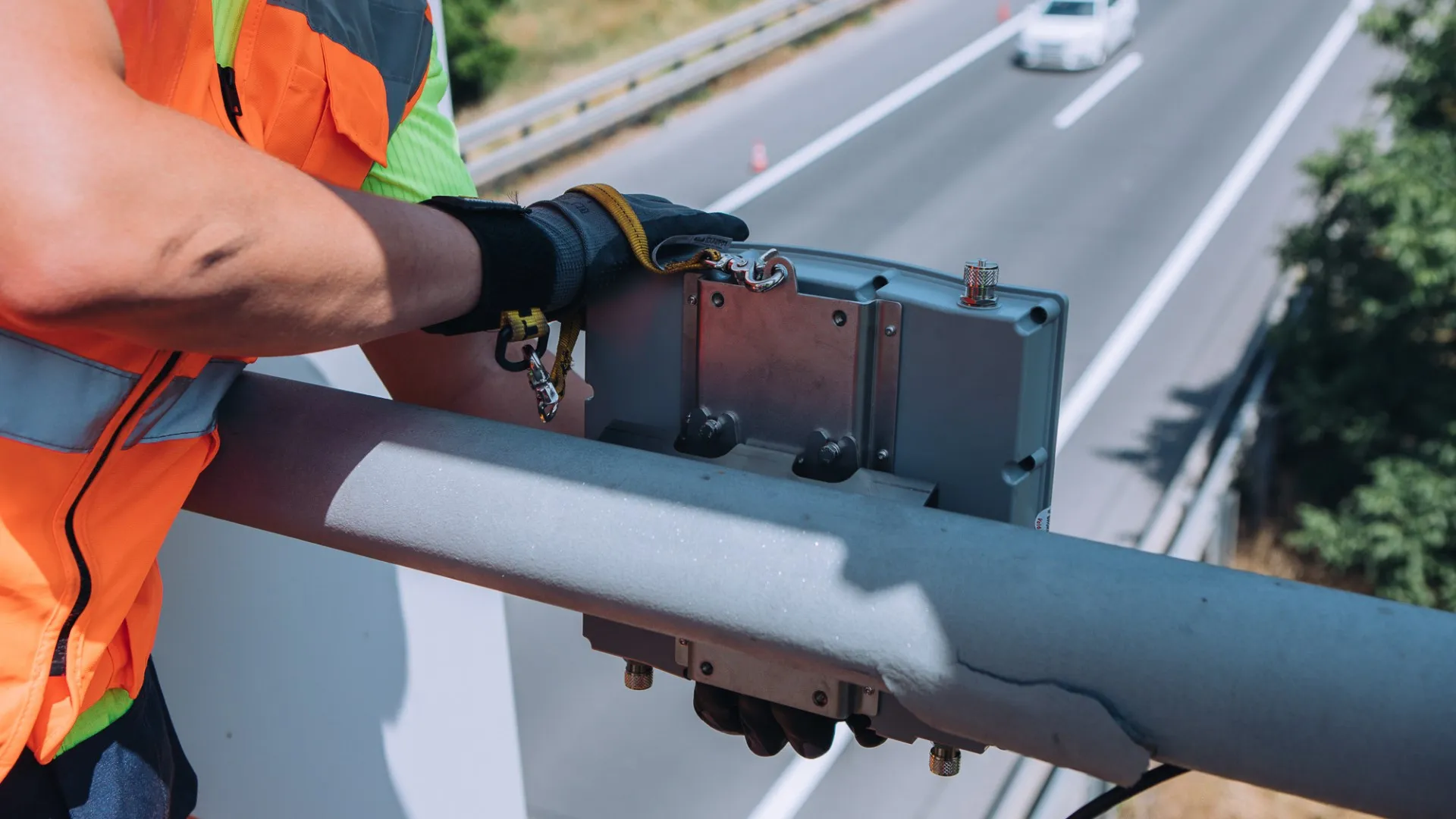The Texas Automated Vehicle (AV) Proving Ground is one of ten sites designated as an automated vehicle proving ground. Formed by an alliance that includes the Southwest Research Institute (SwRI), the Texas Department of Transportation (TxDOT) and Texas A&M Transportation Institute (TTI), other members are the University of Texas at Austin’s Center for Transportation Research (CTR), and 32 municipal and regional partners.
The Texas group plans to offer a full and varied range of testing environments, from
January 25, 2017
Read time: 2 mins
The Texas Automated Vehicle (AV) Proving Ground is one of ten sites designated as an automated vehicle proving ground. Formed by an alliance that includes the 5690 Southwest Research Institute (SwRI), the 375 Texas Department of Transportation (TxDOT) and 8520 Texas A&M Transportation Institute (TTI), other members are the University of Texas at Austin’s Center for Transportation Research (CTR), and 32 municipal and regional partners.
The Texas group plans to offer a full and varied range of testing environments, from high-speed barrier-separated managed lanes to low-speed urban environments such as university campuses, medical districts and transit bus corridors. Both closed-course facilities and real-world urban and freight test sites will be used in evaluating emerging transportation technologies.
The US Department of Transport has designated ten proving ground pilot sites to encourage testing and information sharing around automated vehicle technologies, with the aim of fostering innovations that can safely transform personal and commercial mobility, expand capacity, and open new doors to disadvantaged people and communities.
The proving grounds will also provide critical insights into optimal big data usage through automated vehicle testing and will serve as a foundation for building a community of practice around automated vehicle research.
Other proving grounds are in Pennsylvania, California, Iowa, Wisconsin, Florida, North Carolina and at the US Army Aberdeen Test Center and the American Center for Mobility (ACM).
The Texas group plans to offer a full and varied range of testing environments, from high-speed barrier-separated managed lanes to low-speed urban environments such as university campuses, medical districts and transit bus corridors. Both closed-course facilities and real-world urban and freight test sites will be used in evaluating emerging transportation technologies.
The US Department of Transport has designated ten proving ground pilot sites to encourage testing and information sharing around automated vehicle technologies, with the aim of fostering innovations that can safely transform personal and commercial mobility, expand capacity, and open new doors to disadvantaged people and communities.
The proving grounds will also provide critical insights into optimal big data usage through automated vehicle testing and will serve as a foundation for building a community of practice around automated vehicle research.
Other proving grounds are in Pennsylvania, California, Iowa, Wisconsin, Florida, North Carolina and at the US Army Aberdeen Test Center and the American Center for Mobility (ACM).








